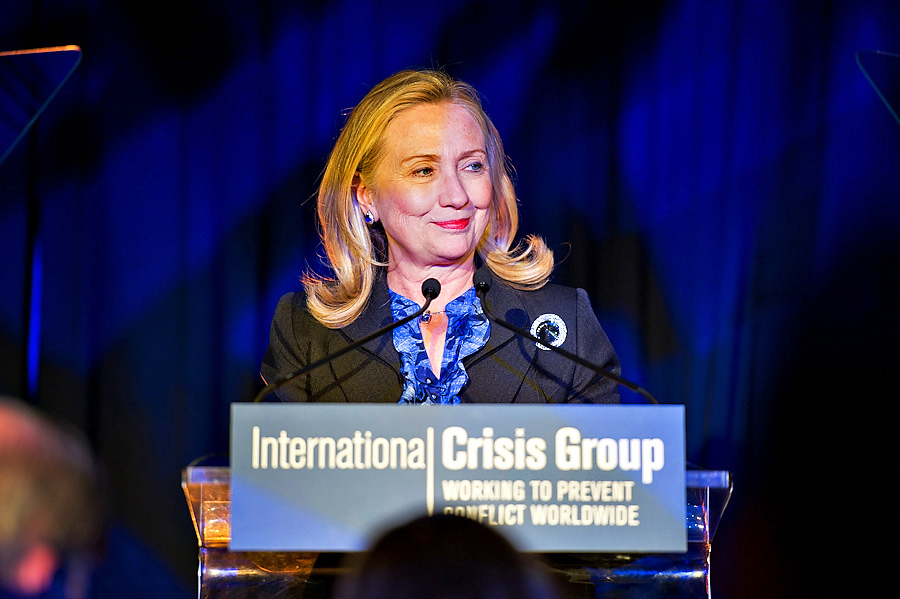Recently the New York Times caused turmoil among prestigious and influential US think tanks when it published an investigative article about concealed connections between these non-profit research organisations and a broad range of foreign countries, among them Norway, Japan, Saudi Arabia and Qatar (NYT online, 6/9/2014). The article revealed that leading think tanks like the Center for Global Development, the Brookings Institution and the Atlantic Council are receiving funding from foreign governments in exchange for influence on the organisations’ recommendations to US policy-makers. The article criticized this practice for its lack of transparency and the supposed loss of intellectual freedom and objectivity. ‘The money is increasingly transforming the once-staid think-tank world into a muscular arm of foreign governments’ lobbying in Washington’, the authors cautioned. The attacked think tanks rejected the accusations, pointing to ‘credibility’ and ‘scholarly independence’ as their major ‘currency’, although one interviewee admitted that self-censorship could be a future problem because in times of dwindling funding sources, saving one’s job could well trump the urge to be critical.
Category: International Crisis Group
Anatomy of a feeble analysis: a critical reading of Crisis Group’s latest report on the DR Congo by Judith Verweijen
Last week, the International Crisis Group (ICG) published a new report on the eastern DRC in which it zooms in on a conflict over customary power in the Ruzizi Plain (Uvira territory, South Kivu). Apparently, ICG no longer tries to weigh in on broader diplomatic, political and military developments in the DRC, like the recently signed Framework Agreement and the current army restructuring process, but has decided to focus uniquely on conflict dynamics at the micro level. This choice reflects ICG’s understanding of the “root causes” of violence in the eastern DRC, which it describes as “local competition between communities for land and economic opportunities” (p.i). As the report concludes: “far from the national and regional preoccupations of the national government and the United Nations, ethnic spaces are being redrawn by violence” (p.24). In order to prove this point, the report subsequently presents an “anatomy” of the conflict around the customary chiefdom of the Ruzizi Plain, portraying it as primarily resulting from ethnic tensions between the (“immigrant”) Barundi and the (“autochthon”) Bafuliro that have existed since the colonial era.
